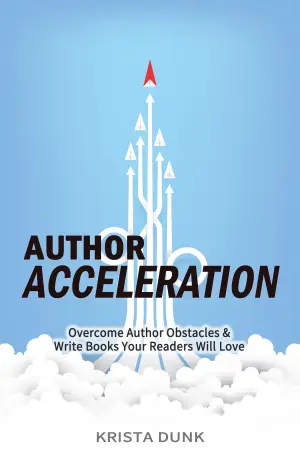Cults Like Us: Why Doomsday Thinking Drives America – A Reflective Review
From the moment I cracked open Cults Like Us: Why Doomsday Thinking Drives America by Jane Borden, I felt an irresistible pull to explore its intriguing premise. As someone who has always been fascinated by the enigma of cults—how individuals can become so entirely devoted to a collective mindset—I eagerly anticipated insights that would deepen my understanding of this phenomenon. Yet, I must confess: this book deviated in captivating ways from what I had initially expected. It isn’t merely a catalog of case studies on notorious cults, but rather a profound exploration of how cult-like thinking permeates the very fabric of American culture.
Borden’s approach pushes the boundaries of the typical discussions surrounding cults, which often center around infamous groups like the Peoples Temple or the Branch Davidians. Instead, she invites us to examine the "apocalyptic thinking" that has shaped American identity from the time of Columbus through to the present day. The relentless quest for truth and control—qualities that characterize many cults—emerges repeatedly in her analysis of historical and contemporary figures, including the current political landscape. It’s fascinating (and somewhat disconcerting) to see how these ideas are woven into the narrative of America’s founding, suggesting that our national identity has long been entrenched in a mindset that harbors fear, division, and a yearning for redemption.
Throughout the book, Borden deftly navigates myriad examples—both infamous and obscure—that elucidate her central thesis. I found the correlations between contemporary political movements, especially around figures like Donald Trump, and classic cult dynamics particularly enlightening. Borden examines our societal predisposition to idolize strongmen, drawing uncanny parallels between cult leaders and political figures who use fear to manipulate and consolidate their control. It’s a chilling concept that reverberates powerfully in today’s chaotic socio-political landscape, prompting readers to reflect on their beliefs and allegiances.
Borden’s writing style struck me as refreshingly candid, balancing scholarly insight with humor that made for an engaging read. Her skillful narrative pacing kept me intrigued, almost as if I were piecing together a complex puzzle. Quotations like “Fear is the mind-killer” encapsulate her compelling arguments about how fear can lead to the erosion of individuality and rational thought. These moments are woven seamlessly into a larger critique of American exceptionalism—forcing us to confront our own complicity in perpetuating these cycles of thought and behavior.
This book isn’t just theoretical; it’s deeply pertinent to our daily lives. Borden’s examination of cults extends to exploring the nature of identity, consumption, and belonging, touching upon the “Us vs. Them” mentality that shapes our interactions and divides communities. As a reader, this resonated profoundly with me, stirring up my own reflections on how easily we can become enmeshed in ideologies that solidify division rather than foster understanding.
In conclusion, I wholeheartedly recommend Cults Like Us to anyone intrigued by the complexities of belief systems, political rhetoric, or American history. Borden’s exploration of doomsday thinking is not merely an academic exercise but a poignant commentary on the currents swirling through our present moment. It’s a book that challenges our perceptions while also evoking empathy for those who have succumbed to the seduction of cult-like devotion. Personally, I found it to be a thought-provoking reading experience that left me both enlightened and somewhat apprehensive about the future trajectory of American society. This is one of those books that, once read, lingers in your mind—nudging you to question more deeply the structures and narratives that govern our lives.
Discover more about Cults Like Us: Why Doomsday Thinking Drives America on GoodReads >>






